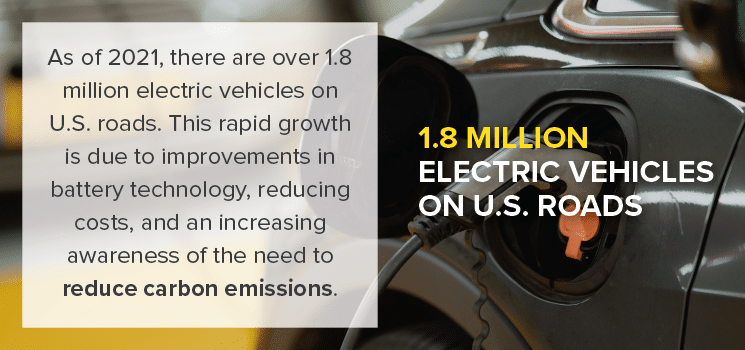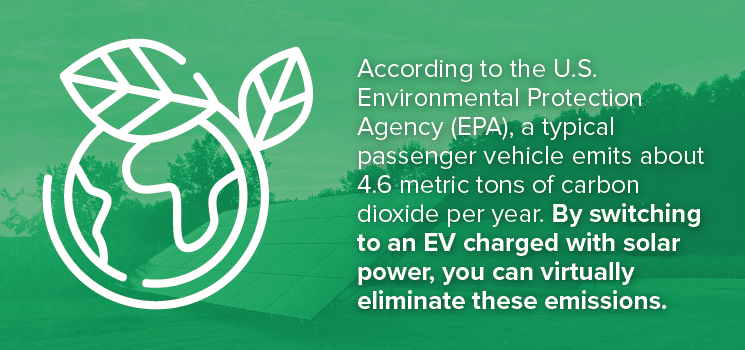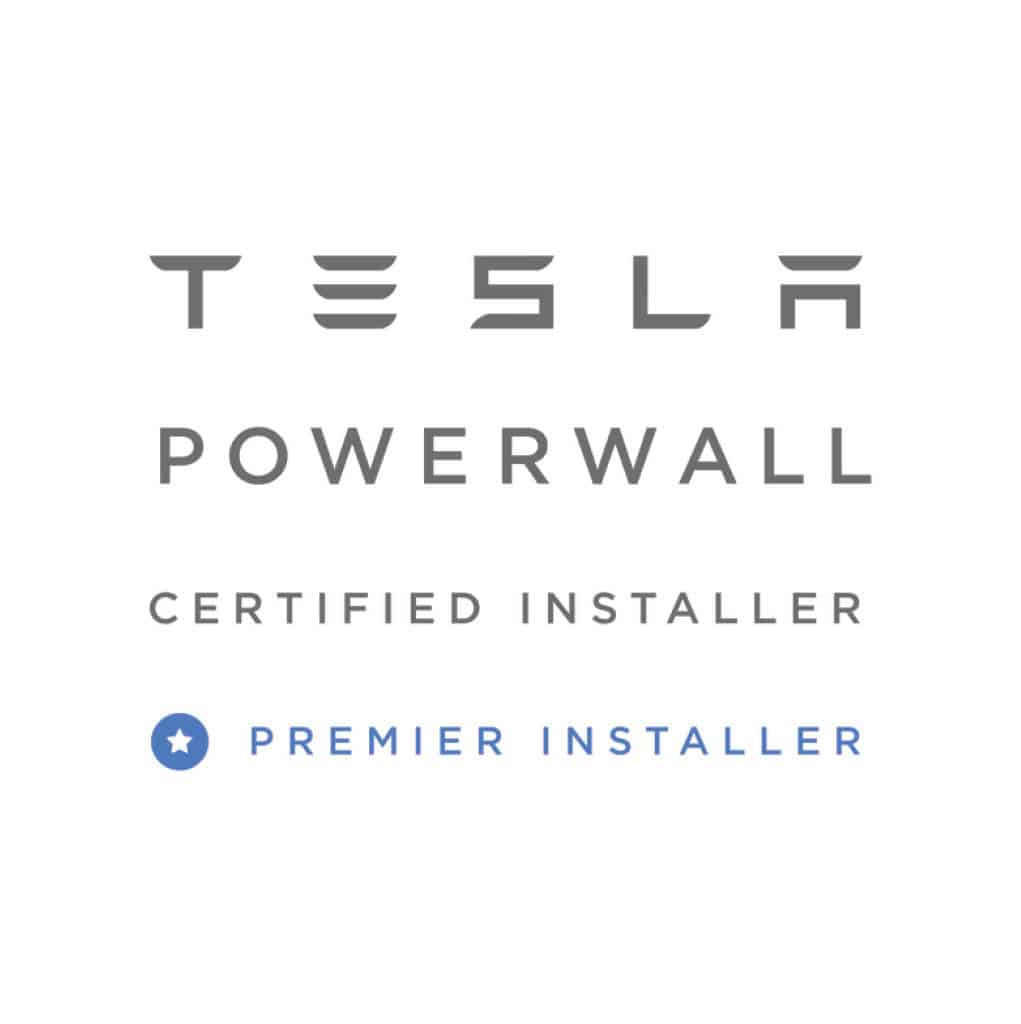As we move towards a greener, more sustainable future, solar power and electric vehicles (EVs) have emerged as two of the most promising solutions for reducing carbon footprints and advancing clean energy. Both technologies play crucial roles in tackling climate change, and together, they form a powerful combination that can provide financial and environmental benefits for homeowners. Solar power generates clean, renewable energy directly from the sun, while electric vehicles help reduce greenhouse gas emissions by offering an alternative to fossil fuel-powered cars.
The synergistic relationship between solar energy and electric vehicles amplifies their individual benefits. Homeowners who use solar power to charge their EVs can reduce their electricity bills and lower their carbon emissions, all while relying on energy that they produce themselves. Solar energy powers homes and provides the means to charge an electric vehicle, making it possible to enjoy clean transportation while reducing dependence on the grid. With the combination of these two technologies, homeowners can save money on fuel and energy costs, increase their home’s energy efficiency, and contribute to a more sustainable future.
The Rise of Electric Vehicles
Electric vehicles (EVs) have seen a surge in popularity over the last decade, driven by advancements in battery technology, cost reductions, and growing environmental awareness. According to the U.S. Department of Energy, by 2021, there were over 1.8 million electric vehicles on U.S. roads, a jump from just a few years prior. This growth is largely attributed to the continuous improvements in battery efficiency and energy density, which have made EVs more affordable for consumers. The expanding network of charging infrastructure and government incentives has played a role in supporting the adoption of EVs across the country.
The adoption of electric vehicles reflects a broader shift toward sustainable and eco-friendly transportation options. As concerns about climate change and carbon emissions rise, more individuals and businesses are turning to EVs as a cleaner alternative to traditional gasoline-powered vehicles. With technological advancements expected to reduce costs and improve performance, the future of electric vehicles looks even brighter. As the market for EVs continues to grow, it will undoubtedly contribute to a significant reduction in greenhouse gas emissions, helping to build a more sustainable and energy-efficient future.

Why Solar Power and Electric Vehicles Make Perfect Sense
Pairing solar power and electric vehicles offers numerous benefits. Let’s explore why you should go solar if you have an EV:
- Reduced operating costs: Charging your EV with solar power essentially allows you to fuel your vehicle for free. This can lead to significant cost savings over time.
- Independence from the grid: With a solar-plus-storage system, you can charge your EV even during power outages, providing resilience and reliability.
- Optimal use of solar energy: If you’re generating more solar power than you’re using during the day, you can store the excess energy in your EV’s battery for later use.
- Financial Benefits of Combining Solar Power and Electric Vehicles: Adopting both solar power and electric vehicles can lead to significant financial savings. According to a study by the University of California, Davis, homeowners with EVs and solar panels can save up to $1,500 per year compared to those who rely on conventional energy sources and vehicles.
Environmental Benefits of Solar Power and Electric Vehicles
The combination of solar power and electric vehicles offers substantial environmental benefits. According to the U.S. Environmental Protection Agency (EPA), a typical passenger vehicle emits about 4.6 metric tons of carbon dioxide per year. By switching to an EV charged with solar power, you can virtually eliminate these emissions.

Switching to solar power and electric vehicles can have several key environmental benefits:
- Reduction in Greenhouse Gas Emissions: Both solar power and electric vehicles produce fewer greenhouse gasses than their conventional counterparts. This helps in significantly reducing our carbon footprint.
- Decrease in Air Pollution: Electric vehicles produce zero tailpipe emissions, helping improve air quality, especially in urban areas.
- Conservation of Natural Resources: By using sunlight—a renewable resource—instead of fossil fuels, we conserve our limited natural resources.
- Decrease in Water Usage: Traditional power plants use a significant amount of water for cooling. In contrast, solar panels require negligible water, thereby conserving water.
- Energy Independence: By producing your own power for your electric vehicle, you can reduce your dependence on the grid and foreign oil.
Through leveraging the power of the sun and electric vehicles, we can make significant strides in protecting our planet for future generations.
Challenges and Considerations
While there are numerous benefits to pairing solar power with electric vehicles, there are some challenges and considerations. These include:
- Initial Investment Cost: While prices are decreasing, the initial cost of solar panel installation and purchasing an electric vehicle can still be a significant investment.
- Availability of Sunlight: The efficiency of solar panels depends on the amount of sunlight available. If you live in an area with limited sunlight, it might affect your vehicle charging capabilities.
- Capacity of Home’s Electrical System: Your home’s electrical system needs to have the capacity to handle the additional load of charging an electric vehicle. Some older homes may require electrical upgrades.
- Space for Solar Panels: Not all homes have suitable roof space or yard area for residential solar panel installation. Renters may also face challenges with obtaining permission for installations.
- Battery Degradation: Like any battery, the battery in an electric vehicle can degrade over time, which can decrease its storage capacity.
However, with the continuing fall in prices of both solar panels and EVs, as well as advancements in technology, these challenges are becoming less significant.
EV and Solar Go Hand in Hand
The union of solar power and electric vehicles presents a powerful combination for a greener, more sustainable future. As more individuals and businesses seek ways to reduce their carbon footprints, this partnership provides a solution that cuts emissions andlowers energy costs. By pairing solar panels with electric vehicle charging, you can harness renewable energy from the sun to power your car, contributing to a cleaner environment.
Although the initial investment in solar panels and an electric vehicle may seem significant, the long-term savings are considerable. Solar power can dramatically reduce your monthly energy bills, while the cost of charging an electric vehicle with solar energy is far lower than fueling a gasoline-powered car. Over time, these savings, coupled with government incentives and rebates for both solar installations and electric vehicle purchases, make this combination a financially savvy choice that pays off in the long run.
For those already owning an electric vehicle or planning to purchase one, adding solar power to your home amplifies the benefits of your investment. Not only does it lower your energy expenses, but it also provides the peace of mind that comes with contributing to a sustainable future. Whether you’re looking to increase energy independence, save money, or reduce your environmental impact, the combination of solar power and electric vehicles is a smart and responsible choice for your wallet and the planet.









